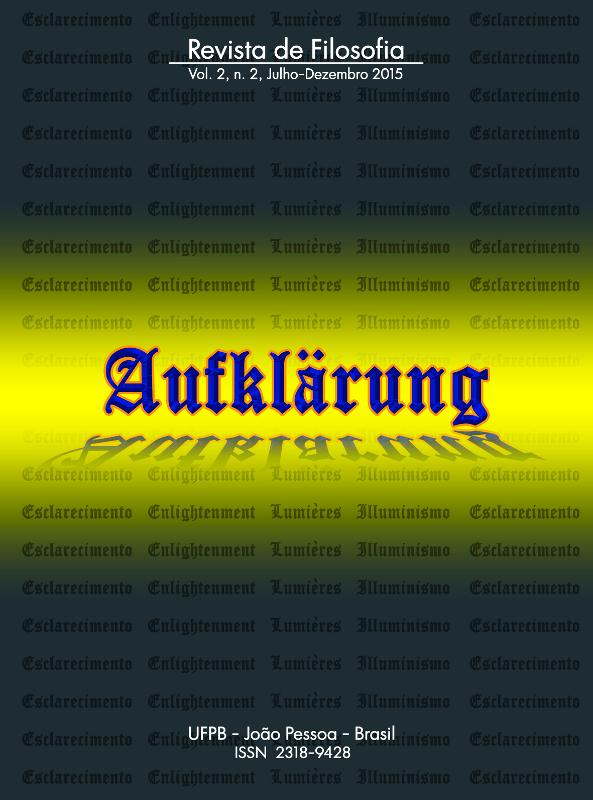The paradox of technocratic democracy and the democratic deficit of european institutions by Jürgen Habermas
DOI:
https://doi.org/10.18012/arf.2016.25907Keywords:
Jürgen Habermas, Transnational democracy, Technocratic democracy, European democratic deficit, Public sphere depoliticizationAbstract
In the nineties, Habermas redirected his political writings to the post-national constellation (global and European) and the possibilities of a society politically integrated through transnational democracy (or post-national democracy). This thematic reorientation took place on two fronts. The first one is the global transnational democracy, which includes the impacts of the economic globalization on national democracies, as well the proposal for a political Constitution for a pluralistic world society, based on a constitutionalization of international law. The second one is the European transnational democracy, which includes the redefinition of the political profile of European welfare state for an economic liberal profile, as well the paradox of democratic technocracy operated by European institutions and the proposal to overcome the decoupled technocratic policy model. This paper will address only this last topic, describing the reasons of the democratic deficit and the consequent delay of European political Union. Despite numerous reforms, the technocratic policies have not eliminated the discrepancy between centralization and democratization, and mistakenly indicate another direction further reinforcing the problem of European undemocratic institutions. In contrast, Habermas argues that the democratic deficit could only be overcome replacing the technocratic approach by a deeper democratization of European institutions.Downloads
References
GERHARDS, J.; LENGFELD, H. Wir, ein europäisches Volk? Sozialintegration Europas und die Idee der Gleichheit aller europäischen Bürger._Springer VS, 2013.
HABERMAS, J. Die postnationale Konstelation. Suhrkamp, 1998. [The postnational constellation. MIT Press, 2001]
HABERMAS, J. Zeit der Übergange. Suhrkamp, 2001. [Time of transitions. Polity Press, 2006]
HABERMAS, J. Der gespaltene Westen. Suhrkamp, 2004. [The divided west. John Wiley, 2006.]
HABERMAS, J. Ach Europa. Suhrkamp, 2008. [Europe: the faltering project. John Wiley, 2009.]
HABERMAS, J. Zur Verfassung Europas. Suhrkamp, 2011. [On Europe’s Constitution - An Essay. Polity Press, 2011]
HABERMAS, J. Im Sog der Technokratie. Suhrkamp, 2013. [The lure of Technocracy. Polity Press, 2015].
Additional Files
Published
How to Cite
Issue
Section
License
Journal general policy
1.This journal works under a Creative Commons License aplied to online journals. That icence can be read in the following link: Creative Commons Attribution 4.0 International (CC BY 4.0).
2.Accordingly to this License, a)the journal declares that authors hold the copyright of their articles without restrictions, and they can archieve them as post-print elsewhere. b)the journal allow the author(s) to retain publishing rights without restrictions.
Metadata Policy for information describing items in the repository
1. Anyone may access the metadata free of charge at anytime.
2.The metadata may be re-used in any medium without prior permission, even commercial purposes provided the OAI Identifier or a link to the original metadata record are given, under the terms of a CC BY license refered for the Journal.







































